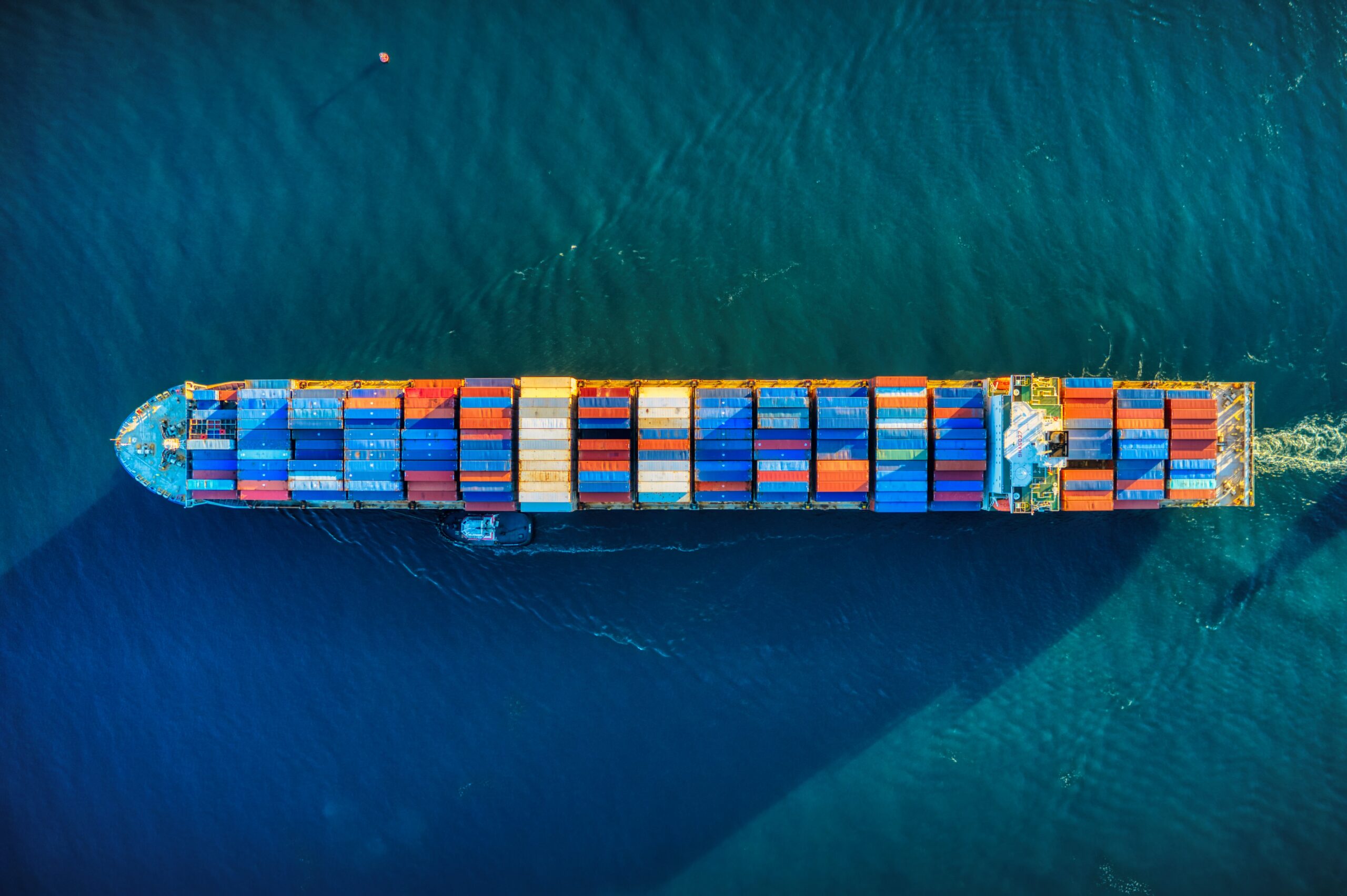New Zealand’s supply chains have been hit by countless disruptions in recent years, including panic buying, reductions in available labour and delays in manufacturing and shipping, due to the pandemic. Now experts and industry practitioners warn that more disruptions can be expected over coming months.
Massey University’s Supply Chain Risk Analytics Network (SCRAN) recently released their mid-year risk outlook for Aotearoa New Zealand highlighting that a variety of factors that affect the stability of New Zealand’s supply chain may converge over the upcoming northern hemisphere winter, which is when New Zealand’s export season is in full swing.
Recently, lockdowns enforced by China’s zero-COVID-19 policy have caused manufacturing delays and congestion at ports, especially in Shanghai. With winter approaching in China, it is likely that similar lockdowns may be more frequent and widespread, causing significant uncertainties to supply chains here.
In Europe, the ongoing war in Ukraine is accelerating the inflation of oil prices, shipping, and raw materials. Combined with winter energy demands, this will see a continued rise in costs and disruptions. Europe is particularly vulnerable to energy supplies from Russia, especially natural gas which is used extensively for heating and electricity generation. Disruptions in the natural gas pipelines could have significant impacts on energy prices and disruptions in manufacturing and services.
Senior Lecturer in Supply Chain Management Dr Carel Bezuidenhout (pictured below) says supply chains generally remain stretched due to sluggish shipping, tight finance, and overworked staff. “This means small disturbances can still cause large disruptions,” he adds.
“Unfortunately for us, these additional challenges are likely to come during New Zealand’s peak exporting period over our summer and autumn.”
Due to an economic slowdown, an imbalance between imports and exports may also cause container shortages in New Zealand which may further hamper efforts to ship Kiwi goods offshore.
Dr Bezuidenhout says business owners who are reliant on supply chains should prepare for these disruptions by undertaking risk assessments and anticipating which of their partners may be most affected by these conditions.
“It is very likely that some partners may go into liquidation or require significant restructuring if these conditions materialise. Supply chain managers in New Zealand should assess the viability of their suppliers and customers and ask themselves whether these partners will remain reliable in the future.
“It is also important to realise that many businesses can anticipate the same risk and may all plan to react in the same way which can cause additional issues. Part of the risk mapping that businesses need to do is to anticipate how other businesses will respond to the same risks.”




